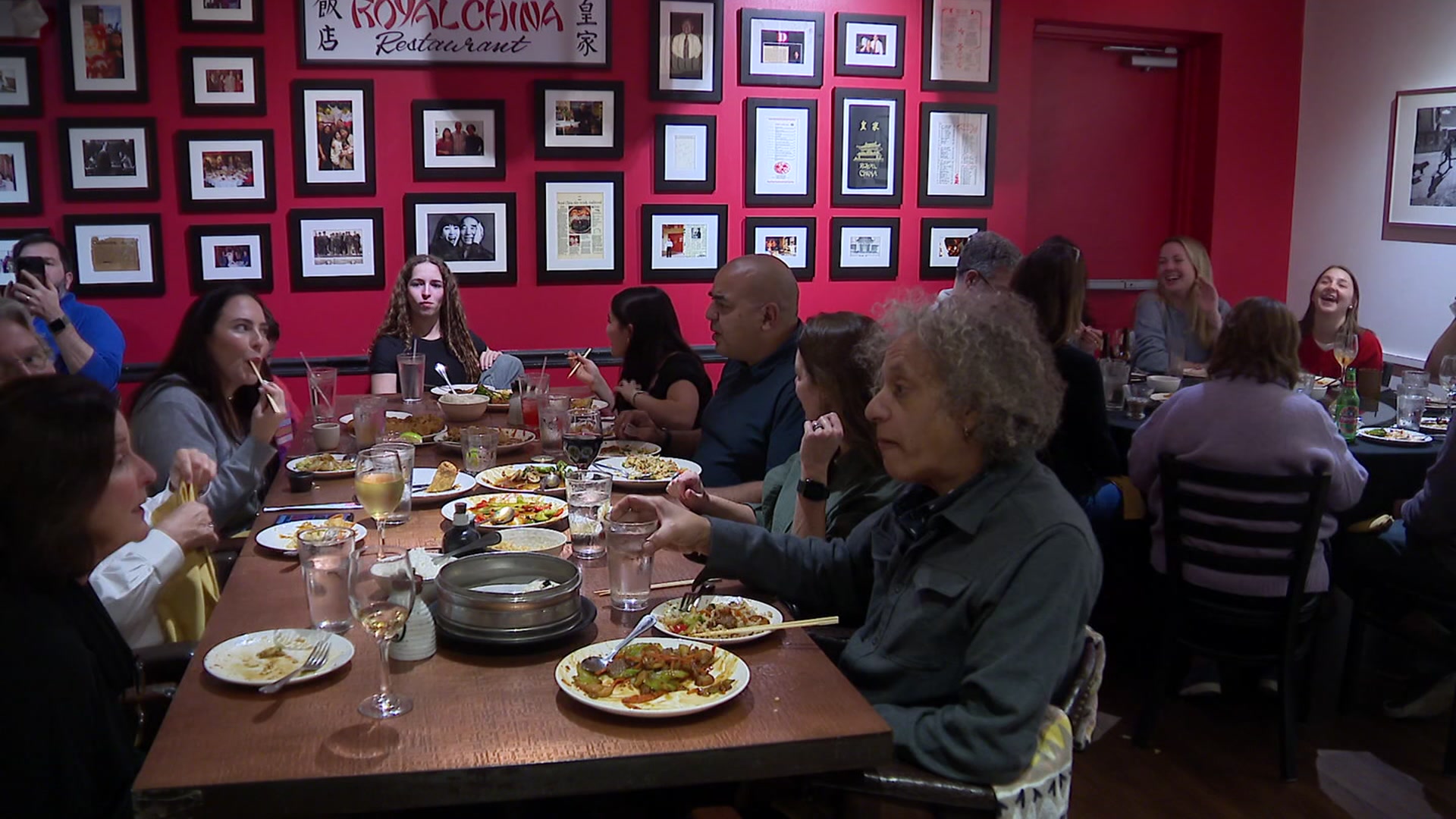Officials with electric provider Oncor apologized Wednesday for problems customers faced in widespread outages during February winter weather and promised to make involvements in communication with customers.
Oncor Vice President Charles Elk began a briefing for Dallas City Council Members Wednesday with a contrite statement.
“There’s so much frustration, hurt and anger by those affected and those around them. And these feelings are absolutely justified and appropriate. And I apologize for our company’s role in it,” Oncor Vice President Charles Elk said.
After hearing the apologies, Dallas City Council Members were not convinced things would be different the next time. They said problems identified in 2011 had not been solved.
Get top local stories in DFW delivered to you every morning. >Sign up for NBC DFW's News Headlines newsletter.
“We don't know if our next one is next week. And we are not prepared for it,” Councilman Adam Bazaldua said.
At least four wrongful death lawsuits have been filed against Dallas-based Oncor by families of victims who claim negligence by Oncor in how this year’s winter weather event was handled.
The lawsuit from the family of Katherine Birdwell, 72, of San Saba County said she died after days without electricity for the oxygen machine that helped her breathe.
Local
The latest news from around North Texas.
The lawsuit from the family of Elzie Ford, 68, of Whitney, Texas said his home had no electricity for five days. The lawsuit said he was found with severe frostbite on the fifth day and died the following day in a Waco hospital.
Both lawsuits accuse Oncor of failing to provide accurate information about the power outages so people could make safe arrangements.
Anthony Buzbee, a Houston Attorney for Birdwell’s family said he has two more North Texas cases against Oncor involving 86-year-old Reginal Harold Lacy and 87-year-old Gloria Jones.
Buzbee said he has filed dozens more cases against other electric providers in other parts of Texas.
Oncor spokesperson Carrie Dunn issued a statement about the lawsuits.
“We are heartbroken by the devastating struggles that our customers and all of Texas endured during the recent power emergency. We are unable to comment further due to pending litigation. It is important to note that Oncor does not generate or produce electricity,” the statement said.
Oncor senior distribution leader Mark Carpenter told the city council that Oncor is like Fed Ex, it delivers but does not produce the product it handles.
Carpenter said there simply was not enough electricity available from power producers to meet demand last month and the alternative to expanding outages was a blackout for the entire grid.
“It would have lasted many days and would have affected 100% of the grid with those additional ramifications,” Carpenter said.
But officials admitted communication with customers was weak.
“We’ve identified areas where we could definitely do better and intend to do so,” Oncor Executive Andrea Sanders said.
Oncor first said there would be rolling outages and did not explain when the outages grew far more serious.
“That communication was risky, and I think it was dangerous because people sat in their houses two or three days waiting for the power to come on at any moment,” Councilman David Blewett said.
If customers knew how long the power would be out, they might have made other arrangements the city officials said.
“We wouldn’t have had the loss of property damage. We wouldn’t have had the deaths. All the devastation we experienced,” Council Member Jennifer Gates said.
The Oncor officials admitted their online outage map was wrong much of the time and online systems to interact with customers need to be made more robust.
Telephone communication fell short, too.
In that week, Vice President Debbie Dennis said Oncor received one million more phone calls from customers than it did during all of the year 2020. The company’s phone answering capabilities were overwhelmed.
“With respect to communication, we have a lot of work to do,” she said.
The Oncor officials maintained that decisions about which neighborhoods would keep power were based on saving key facilities like hospitals and not preferential treatment for certain areas.
“As we look at the process overall, we have not found evidence of institutional bias or any intentional conduct that favored one city or one area over another,” Dennis said.
City officials were not convinced.
“I no longer will accept that West Dallas or Northwest Dallas or lower-income communities that are mostly black or brown are going to be the first to lose power and the last to ever get it restored again,” Councilman Omar Narvaez said.
Mayor Eric Johnson asked the Oncor executives to study the issue again and make corrections if a deeper investigations shows bias.
“Satisfy yourselves and satisfy us that there are no scientific and non-intentional things but still the net result of an inequitable outcome,” Johnson said.
The executives are working to fix a loss in confidence as well as the loss of power.



